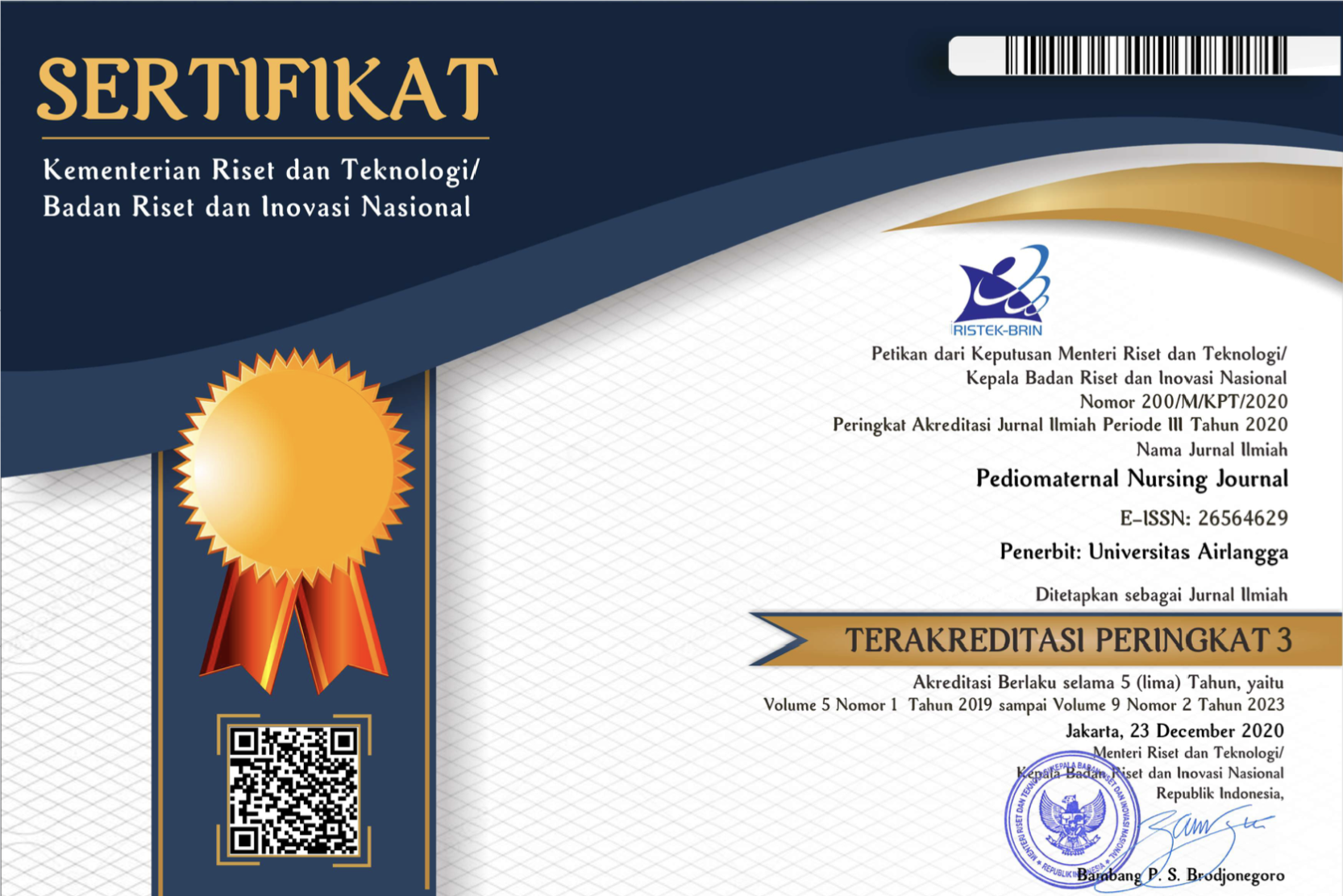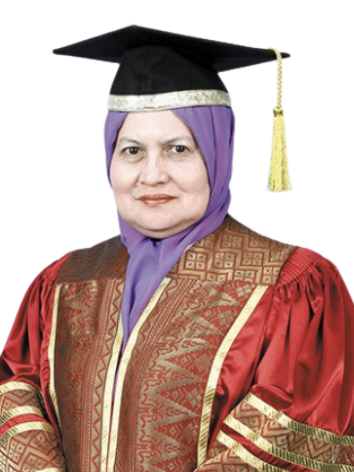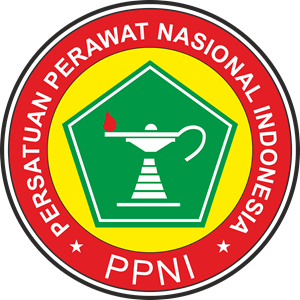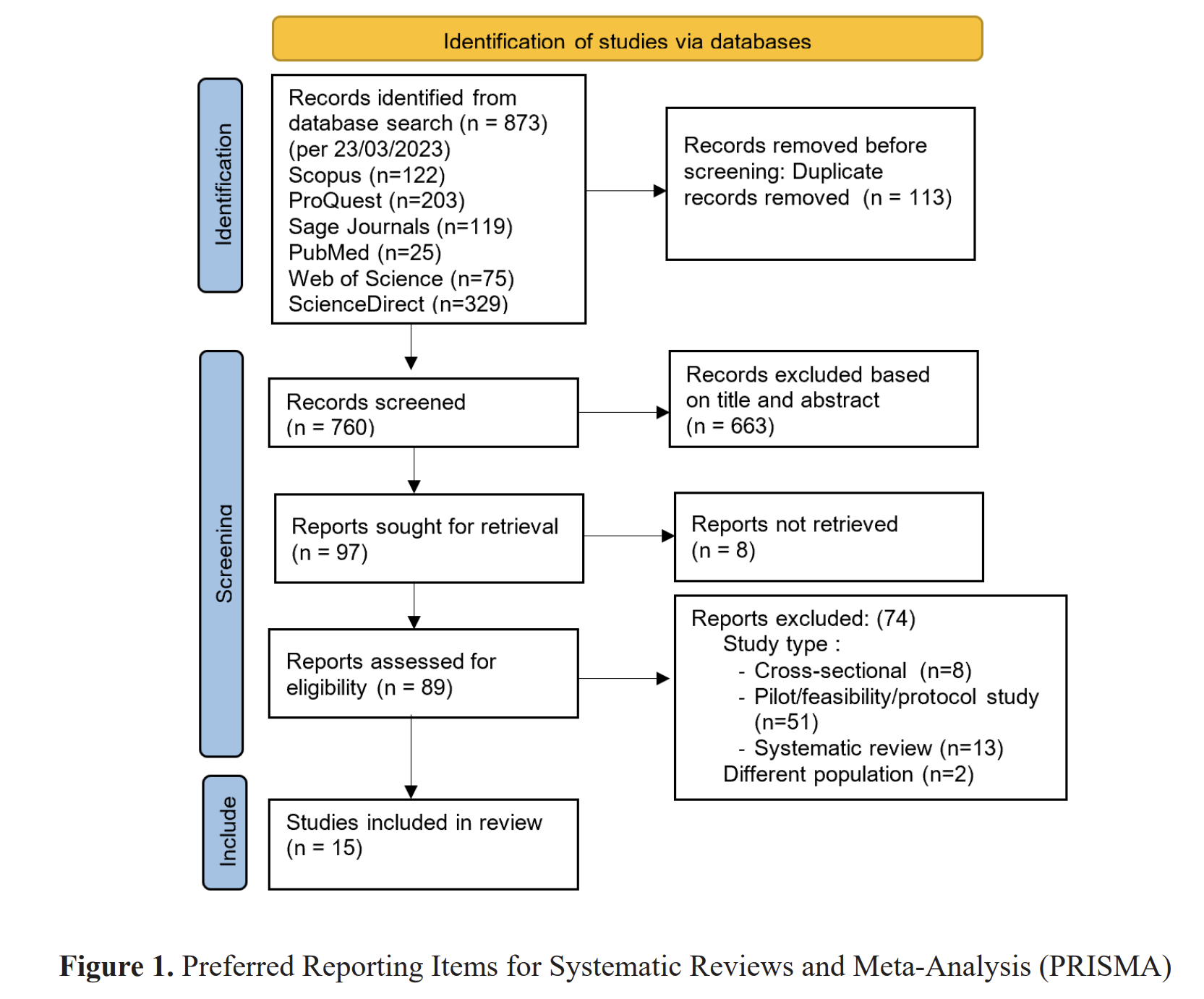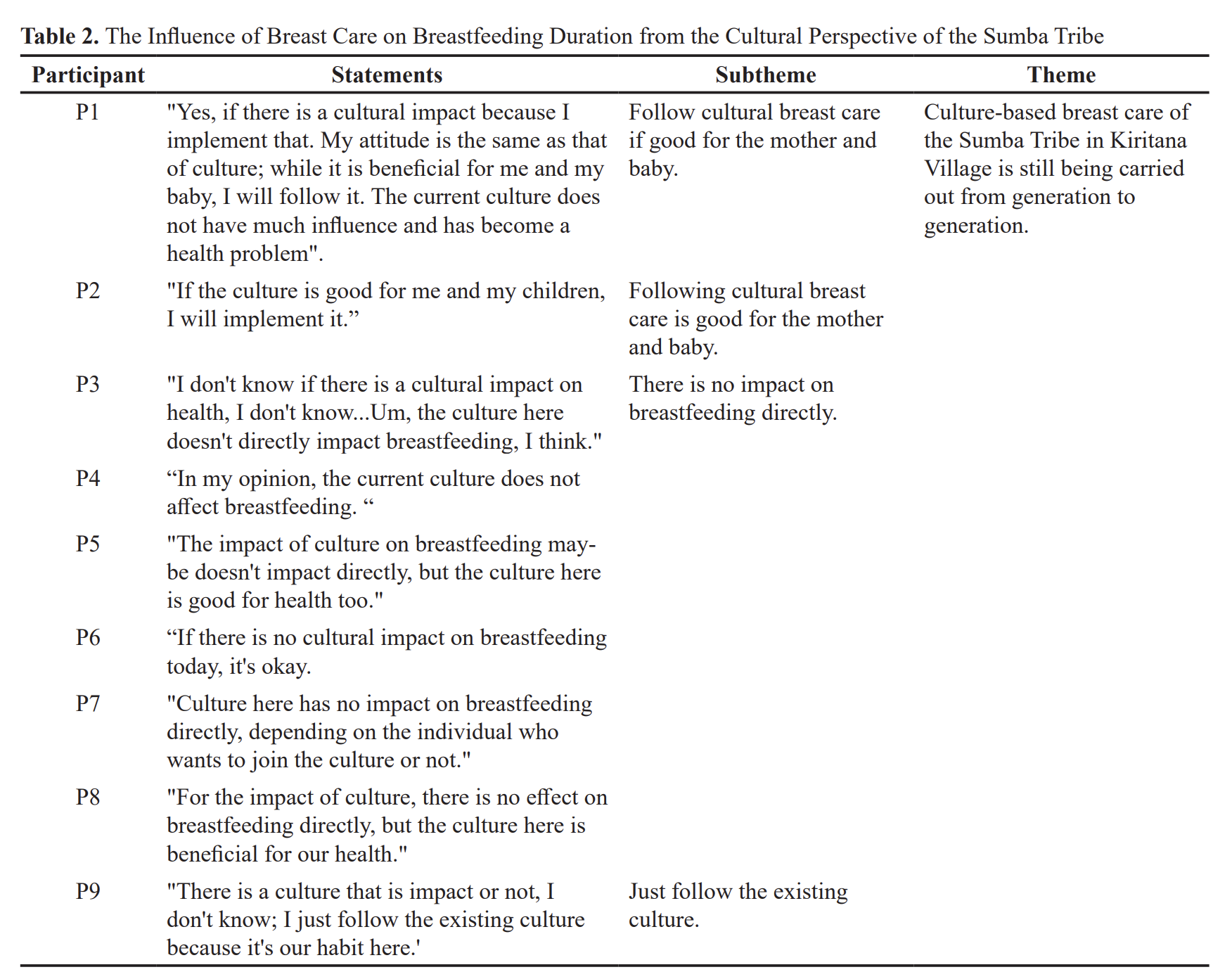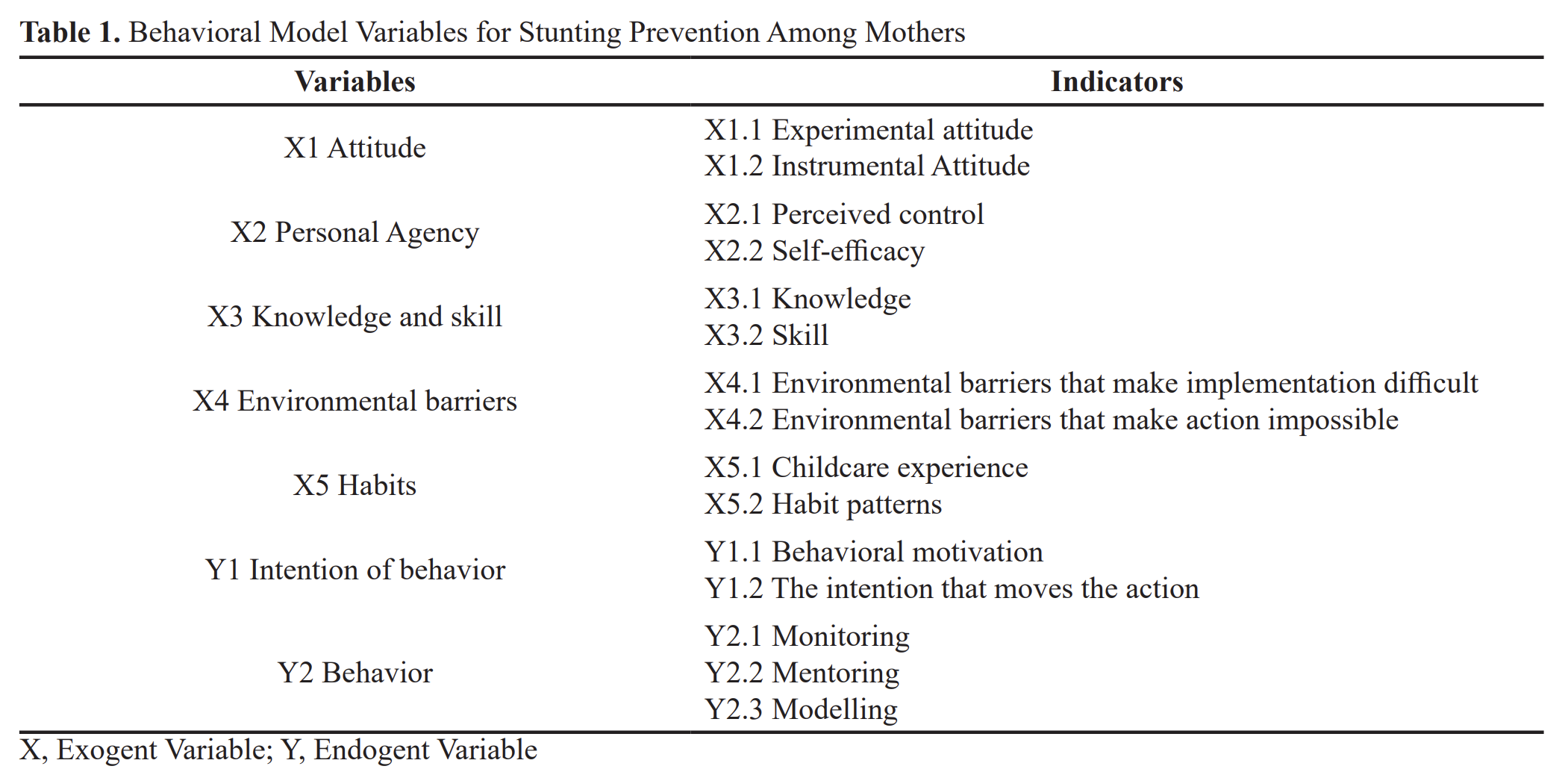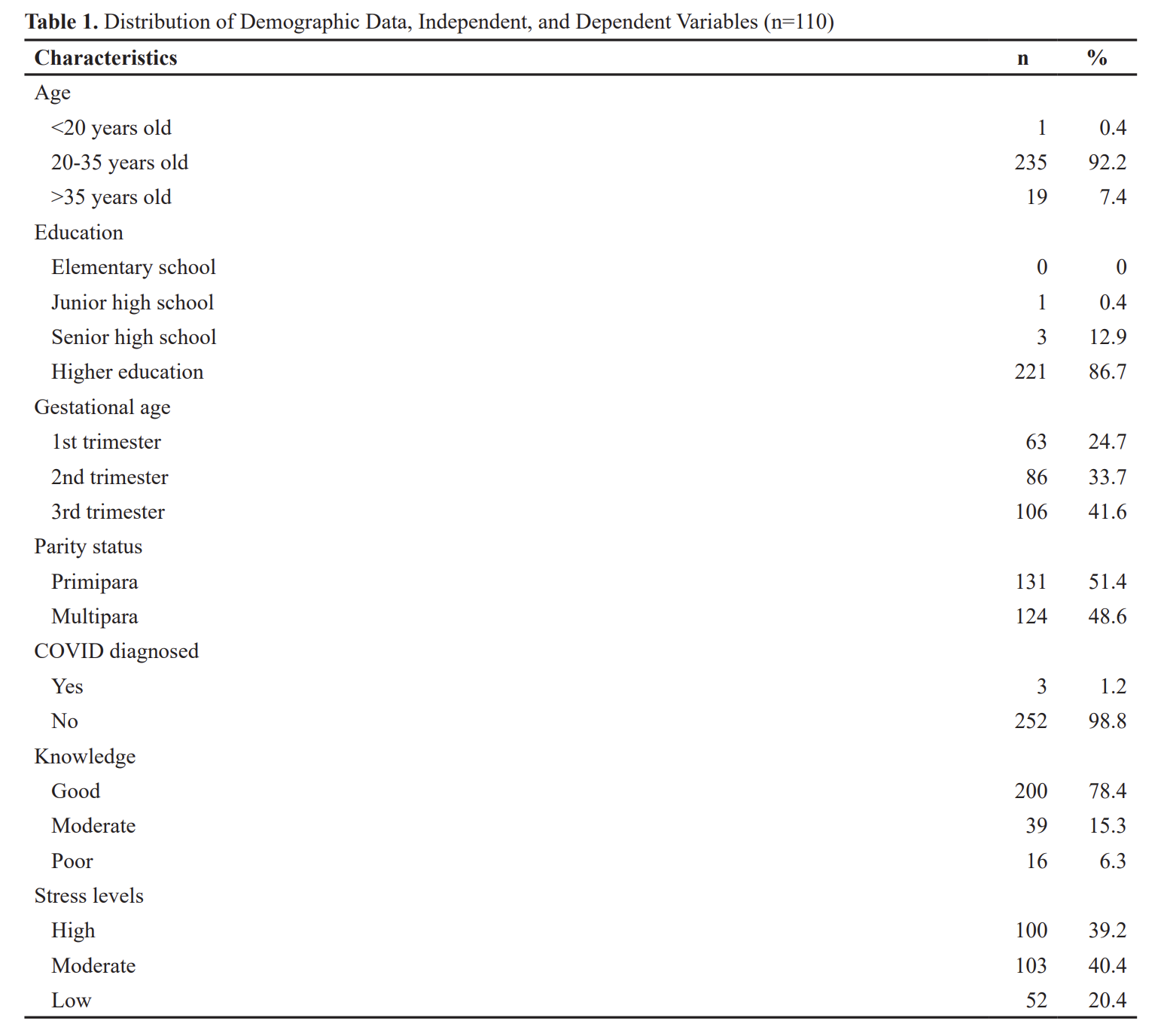FAKTOR PEMBERIAN ASI EKSKLUSIF PADA BAYI BERDASARKAN TEORI PERILAKU WHO
Downloads
the government recommend exclusive breastfeeding, however the mother's behavior in exclusive breastfeeding is still
low. According to the WHO Behavioral Theory, exclusive breastfeeding is one of health behaviour that influenced many
factors. The purpose of this study is to analyze the factors of exclusive breastfeeding on infants based on WHO
behavioral theory. The design of the study was descriptive analytic with cross-sectional approach. The population was
mothers with the infants of 6-12 months. The 32 sample respondents were chosen by purposive sampling technique. The
independent variables in this study were knowledge, attitude, personal reference, resources, and culture. The dependent
variable was exclusive breastfeeding. The data were collected by using questionnaire and analyzed by using chi square
test with a degree of significance α < 0.05. The results showed a significant correlation between knowledge factor
(p = 0.007), attitude factor (p = 0.005), personal reference factor (p = 0.011), resource factor (0.004), and cultural factor (p
= 0.004) with exclusive breastfeeding. The factors in WHO behavioral theory (knowledge, attitudes, personal reference,
resources, and culture) have a significant correlation with exclusive breastfeeding. Further research was suggested to
enhance and support exclusive breastfeeding with an effective health education.
Nursalam, (2013). Metodologi Penelitian Ilmu Keperawatan Pendekatan Praktis. Jakarta : salemba Medika
Copyright (c) 2014 Ema Kahrismawati, Esti Yunitasari, Retnayu Pradanie

This work is licensed under a Creative Commons Attribution 4.0 International License.
1. The journal allows the author to hold the copyright of the article without restrictions.
2. The journal allows the author(s) to retain publishing rights without restrictions.
3. The legal formal aspect of journal publication accessibility refers to Creative Commons Attribution (CC BY).

